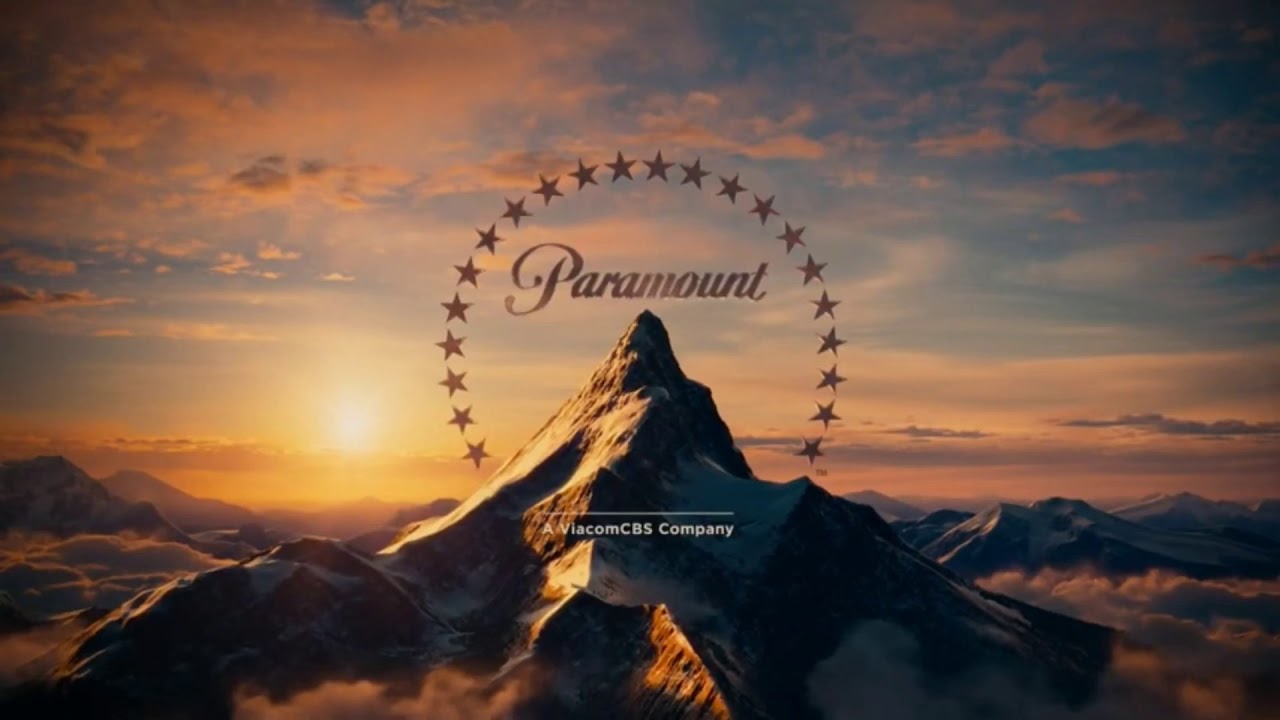






The Spec Market
More SpecsSmash Media is out with THE BABE CAVE by Kristen Ruhlin. After her husband seeks a divorce, Emily’s quest for self-discovery leads her to befriend….
Bellevue Productions is out with ALTER/NATE by lan Trezza. Nathan, a 40-something divorced office drone, gets trapped in a parallel reality where he meets the version of himself he always dreamed of becoming….
Bellevue Productions is out with MARATHON by JS Mayank & David Carlyle. A suspended FBI agent gets roped into the case of a lifetime when he gets a call from an enigmatic woman who tells him she’s holding the entire NYC….
Culture Creative Entertainment and Accelerate Entertainment are out with VIRTUOSO by Paul Castro. While fighting to keep her podium position leading the LA Philharmonic, social recluse Cassandra Sinclair reluctantly takes in a combat-injured dog named Daisy, who belonged to a recently killed….
Silver Bitela Agency is out with YOU MUST REMEMBER THIS by Suzanne Gill. Mother and daughter besties engage in a friendly bet as to how to finish their respective writing projects, but as Mom’s memory fades, and daughter’s illness progresses, they….
Logical Talent Management is out with THE PHOENIX by Amanda Lehr. Overworked nurse Danielle hopes that surviving a new reality TV show will be her ticket to financial freedom and security for her….
Granat Entertainment is out with BOOK OF LIFE by Kristen Ruhlin. In a race against time, a teenage girl embarks on a globe-trotting quest to unlock the secrets of her father’s research, leading her to….
Stormchaser Films is out with GHOSTED by Kristen Ruhlin. A f*ck-boy’s life of one-night stands and non-commitment spirals into chaos when he is haunted by….
Stormchaser Films is out with CONFESSIONS OF A MASTER JEWEL THIEF by Bill Mason and Lee Gruenfeld. During a thirty-year career Bill Mason charmed his way into the inner circles of high society and stole more than $35 million worth of fabulous jewels from such celebrities as….
The Job Market
More JobsResponsibilities include executive scheduling, travel & expense reports, meeting setup, event planning, and other administrative support as needed.
Provide direct administrative support to the VP and Executive Director of Development. Prepare executive level presentations, memos, letters, reports, spreadsheets, and other correspondence.
Oversee the development, production, distribution, and overall strategy of television while gaining valuable experience in a very dynamic and fast-paced environment.
Provide creative feedback during the pitch/script development process and during ongoing productions. Maintains and establishes new relationships with the creative community (writers, producers, and performers), agents and managers with the end goal of identifying outside material and talent.
Reception work, schedule and office management, travel bookings, communication with other members of the team.
Help with personal matters, communicate with other members of team, and handle personal errands or ad hoc duties in Atlanta.
Previous experience in a social media role and with qualifications in social media required.
Personal matters, communicate with other members of team, and handle personal errands or ad hoc duties.
Script coverage, office tasks and errands.
